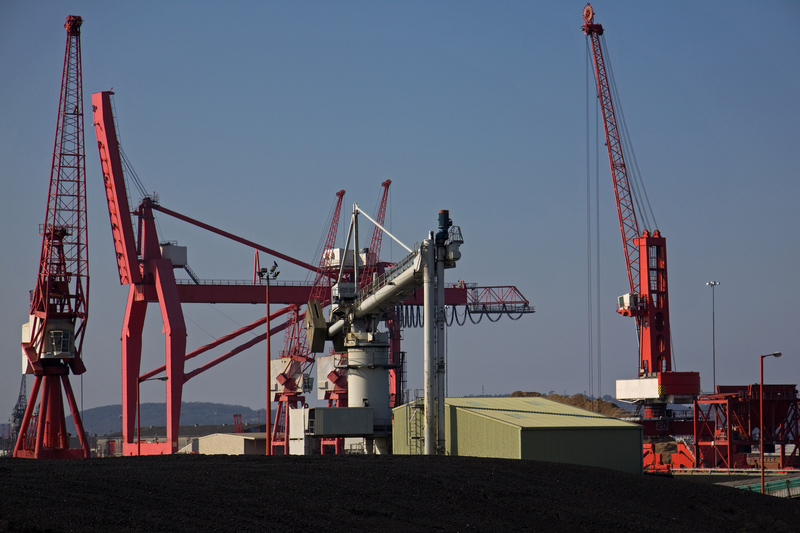Big City to Small Town: What You Need to Know
Posted on 19/02/2025
Moving from a bustling big city to a quaint small town is a significant life change. Whether you're seeking a quieter lifestyle, better work-life balance, or a closer-knit community, understanding what to expect is crucial. This article outlines key aspects you need to know before making the move, including the pros and cons, practical tips, and key takeaways.
Cost of Living
One of the most attractive aspects of moving to a small town is the lower cost of living. Housing, groceries, and everyday expenses tend to be much cheaper than in metropolitan areas. This can lead to significant savings and an improved quality of life. However, it is important to research property taxes and local salary expectations as these can vary significantly.

Community and Social Life
Small towns often offer a strong sense of community. Neighbors know each other by name, and there are often local events and gatherings. While this can create a supportive and friendly environment, some may find the close-knit nature a bit intrusive. It can also be challenging to find the same diversity and range of cultural experiences that a big city offers.
Job Opportunities
Employment opportunities can be more limited in small towns. While remote work is increasingly viable, those in specialized fields may need to commute or seek jobs in nearby cities. It's essential to evaluate the local job market and whether it aligns with your career goals before making the move.
Amenities and Convenience
Big cities are known for their convenience, with numerous shops, restaurants, entertainment options, and public services. Small towns often lack the variety and availability of amenities, which can require more planning and travel for certain needs. On the other hand, small towns usually offer a slower pace of life, which can reduce stress and improve overall well-being.
Healthcare and Education
Access to quality healthcare and education is another important factor to consider. While small towns may have fewer options and specialized services, the ones available often provide a more personalized experience. It is crucial to assess the local healthcare facilities and educational institutions, especially if you have specific needs or children.
Environmental and Lifestyle Changes
Living in a small town often means enjoying cleaner air, less traffic, and more access to nature. These environmental benefits can greatly enhance your lifestyle and well-being. However, adjusting to a slower pace and a quieter environment may require some time, especially for those used to the constant hustle of city life.
Pros and Cons
Here is a summary of the key pros and cons:
- Pros:
- Lower cost of living.
- Stronger sense of community.
- Cleaner environment and more access to nature.
- Slower pace of life reducing stress.
- Cons:
- Fewer job opportunities.
- Lack of cultural diversity and amenities.
- Potential limited access to specialized healthcare and education.
- Adjustment to a quieter, slower-paced lifestyle.
Tips for a Smooth Transition
To ensure a smooth transition from a big city to a small town, consider the following tips:
- Research Extensively: Understand the local job market, amenities, and community activities in your prospective town.
- Visit First: Spend some time in the town before committing to the move to get a feel for the lifestyle and environment.
- Network Locally: Join local community groups and social circles to integrate early and establish connections.
- Plan Financials: Budget for initial moving costs and potential differences in salary and living expenses.
- Maintain a Flexible Mindset: Be open to the upcoming changes and patient with the adjustment period.

Key Takeaways
Moving from a big city to a small town involves significant lifestyle changes. The lower cost of living, sense of community, and environmental benefits are major advantages, but potential drawbacks include limited job opportunities, fewer amenities, and the need for adjustment to a slower pace. Planning, researching, and maintaining a flexible approach can ease the transition and enhance your experience in a small town.
Conclusion
Relocating from a big city to a small town can be a transformative and rewarding experience if approached with the right mindset and preparation. With careful research, planning, and willingness to embrace change, you can enjoy the many benefits that small-town life offers while mitigating potential challenges. Make sure to consider all factors, from cost of living to community integration, to ensure a smooth and fulfilling transition.
Latest Posts
Essentials for Renting London Property
Breaking Down a Bunk Bed Safely







